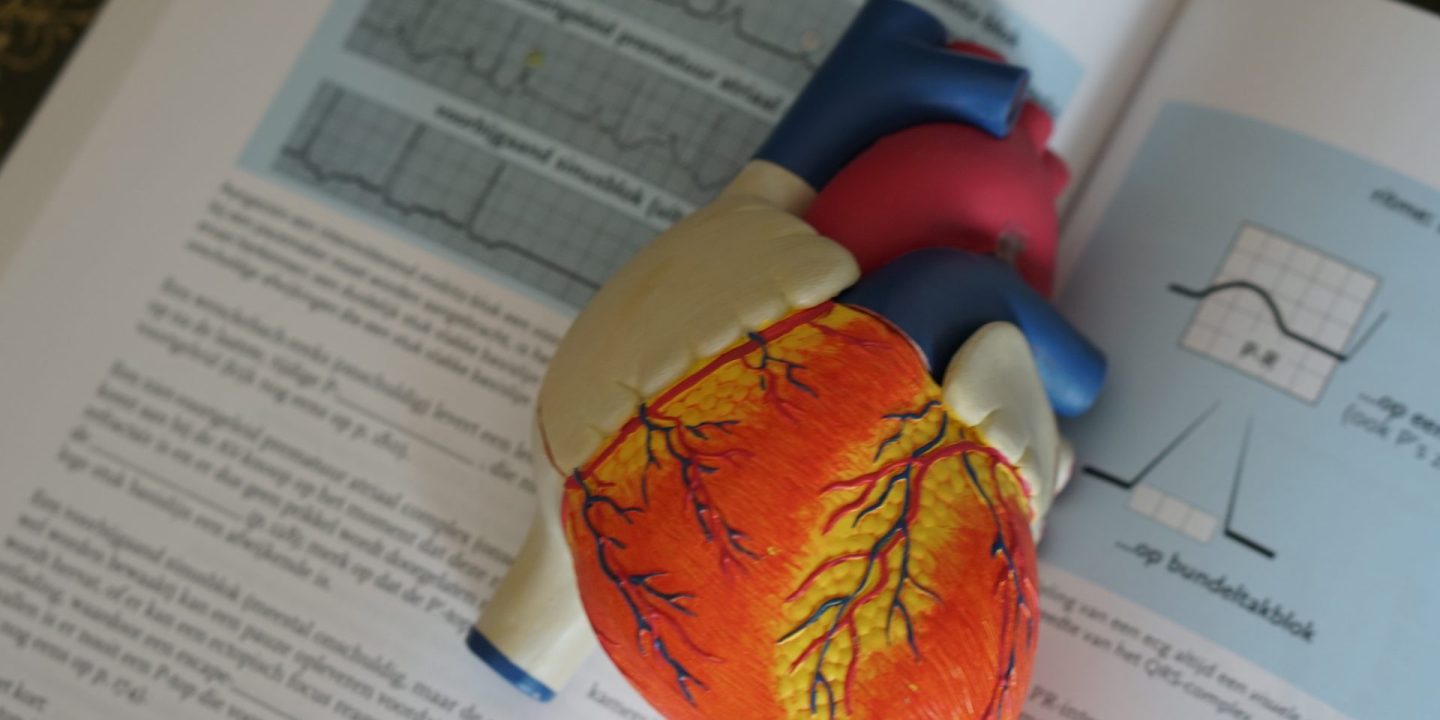
Keeping your heart and liver in good condition is important for overall health. Here are some tips on how to keep them healthy.
The Basic Functions of the Heart and Liver
The heart and liver are two of the most important organs in the body. The heart pumps blood throughout the body, while the liver helps to clear the blood of toxins. Together, they play a vital role in keeping you healthy. Here are some basic facts about their functions:
The heart is responsible for pumping blood throughout the body.
The liver helps to clear the blood of toxins.
Together, they play a vital role in keeping you healthy.
The Major Diseases That Can Affect the Heart and Liver
There are a number of diseases that can affect the heart and liver, some of which are more common than others. However, all of these diseases can lead to serious health issues if not treated properly. Here are four of the most common heart and liver diseases:
1. Heart disease is the leading cause of death in the United States, and it’s also the No. 1 killer of men and women over the age of 50. The most common form of heart disease is atherosclerosis, a build-up of fatty deposits on the walls of your arteries. This buildup can cause your artery to become narrowed or blocked, which can lead to a heart attack or stroke.
2. Liver Disease refers to any condition that affects the liver, including hepatitis B and C, cirrhosis (a liver disease caused by damage from alcohol abuse), and fansidar (a type of liver cancer). Liver disease can be life-threatening if not treated quickly, and it often requires extensive treatment in order to improve the patient’s health.
3. Gallstones are small, hard objects that can form in your gallbladder (a small organ located below your stomach). Gallstones may
How to Protect Your Heart and Liver in Daily Life
Daily life can be a challenging environment for your heart and liver. Here are some tips to help you stay healthy:
1. Maintain a healthy weight. Being overweight or obese can increase your risk of coronary heart disease and other health problems, including heart failure and liver cirrhosis.
2. Eat a variety of fresh fruits and vegetables. A diet high in fruits and vegetables is good for your heart and liver because they are rich in antioxidants, which protect cells from damage.
3. Avoid excessive alcohol consumption. Too much alcohol can damage the blood vessels that supply blood to the heart and liver, leading to heart disease or liver cirrhosis.
4. Get regular exercise. Exercise helps reduce the risk of heart disease and other chronic conditions, including obesity and type 2 diabetes. It also helps keep the liver functioning optimally.
Foods that Keep Your Heart and Liver Healthy
Heart health is essential for overall good health, and the liver is no exception. The liver helps to break down toxins and other harmful substances in the body, and it also helps to produce blood. In addition to these functions, the liver is responsible for manufacturing proteins and fats. If either of these organs are not functioning properly, it can lead to problems in other areas of the body. Here are some of the key foods that are essential for keeping your heart and liver healthy:
Fish: Fish is a great source of Omega-3 fatty acids, which are important for cardiovascular health. According to the American Heart Association, people who eat fish at least twice a week have a lower risk of developing heart disease.
Legumes: Legumes are a good source of fiber and protein, both of which are beneficial for heart health. In addition, legumes contain antioxidants that can help protect the organ from damage.
Green leafy vegetables: Green leafy vegetables are high in antioxidants and vitamins C and A, both of which are beneficial for heart health. They also contain potassium, which helps to regulate blood pressure.
Whole grains: Whole grains contain fiber, which can help to keep your heart healthy by promoting regular
Tips for Overcoming Risk Factors
The American Heart Association recommends following these tips to maintain a healthy heart and liver:
Eating right: Make sure you’re eating a balanced diet that includes plenty of fruits and vegetables, whole grains, and low-fat and non-fat dairy products. You also need to limit your intake of saturated fat, sugar, and unhealthy fats.
Lifting weights: Exercise is important for overall health, but it’s especially important for your heart and liver. Moderateintensity aerobic activity (such as walking) has been shown to improve cholesterol levels and reduce the risk of heart disease. Resistance training (such as lifting weights) can also help reduce the risk of heart disease, cancer, and other chronic conditions.
Taking supplements: Some vitamins and minerals are helpful for your heart and liver. For example, vitamin C is important for keeping your arteries healthy, vitamin E can help lower the risks of heart disease, and magnesium helps protect your organs from damage. Talk to your doctor about which supplements may be best for you.
Maintaining a healthy weight: Being overweight or obese increases your risks for heart disease and other chronic conditions. If you’re trying to lose weight, make sure you include plenty of aerobic activity as









